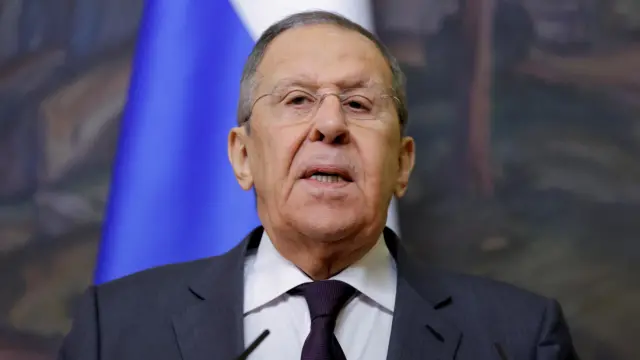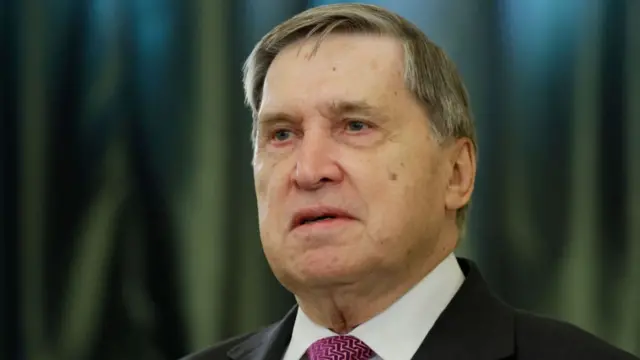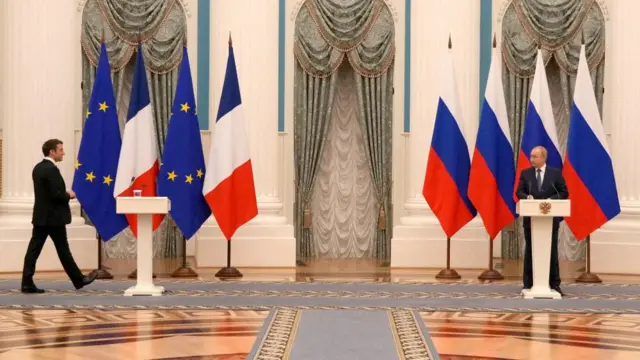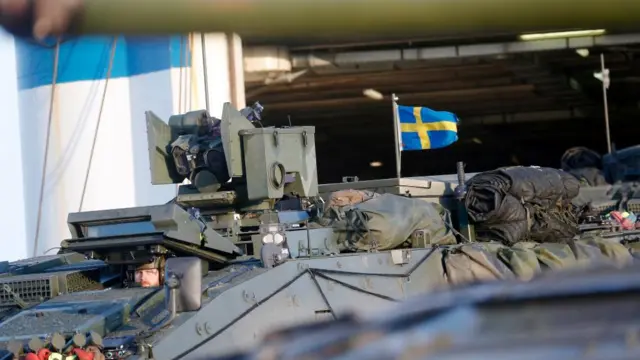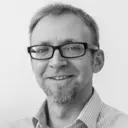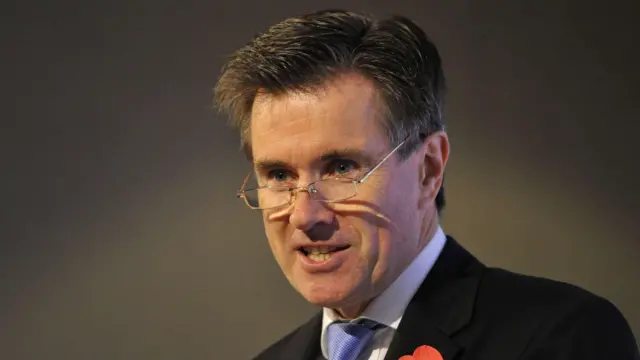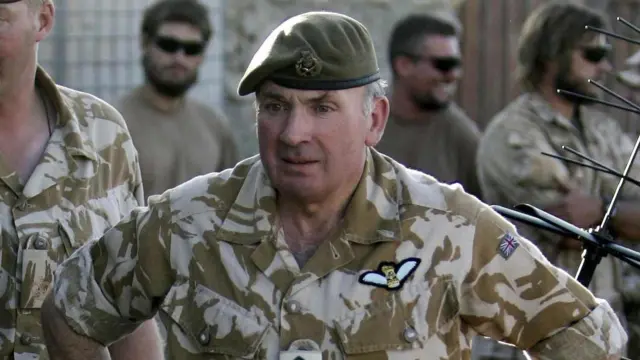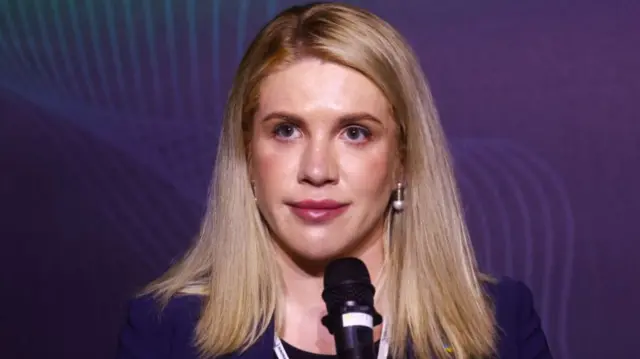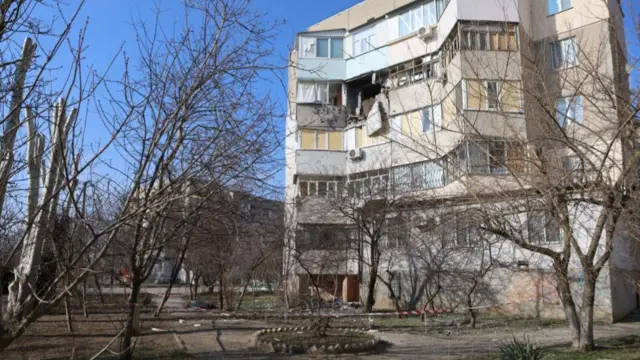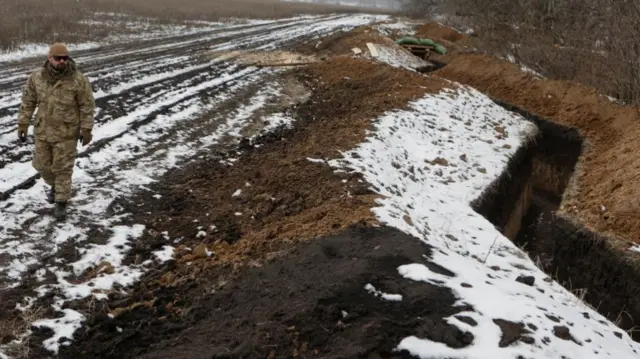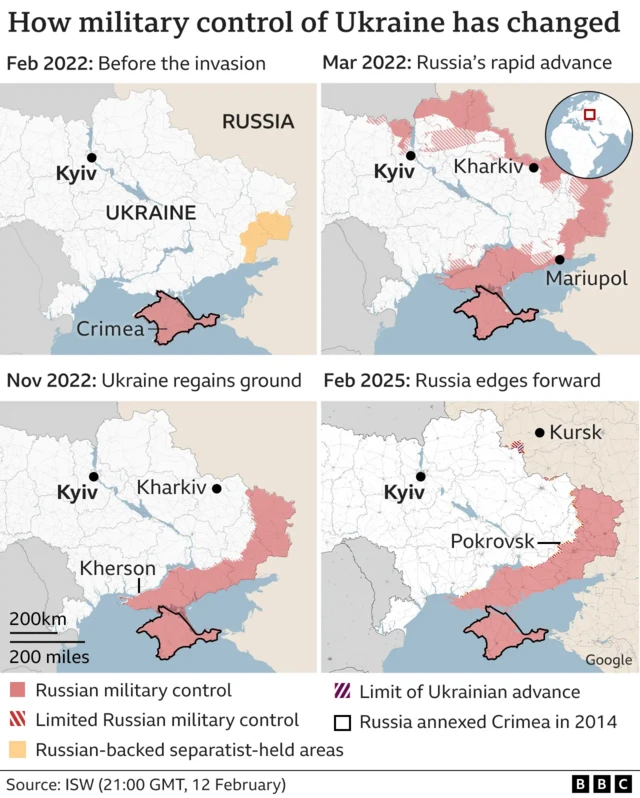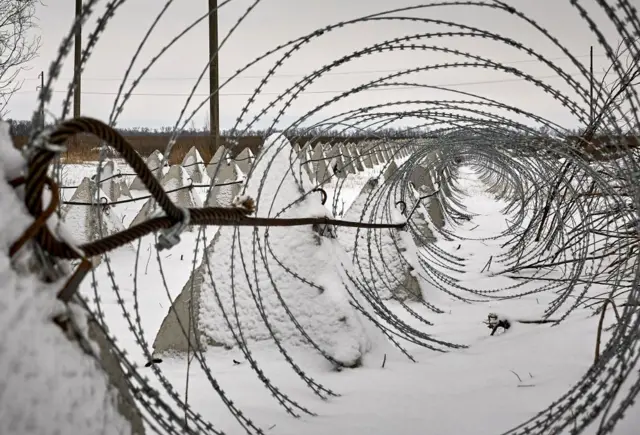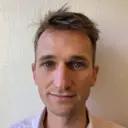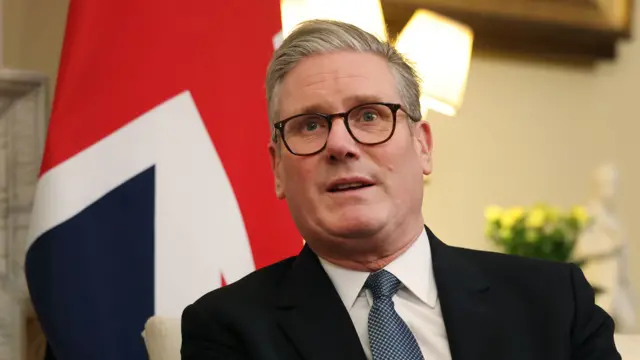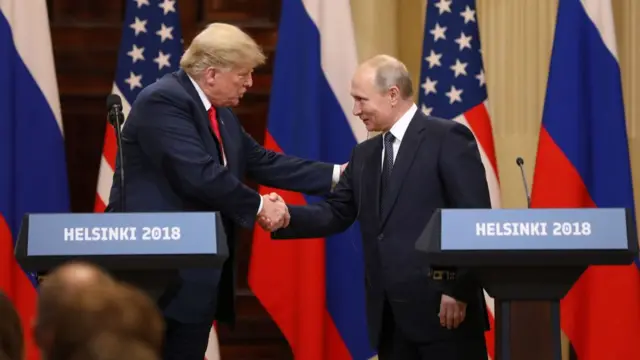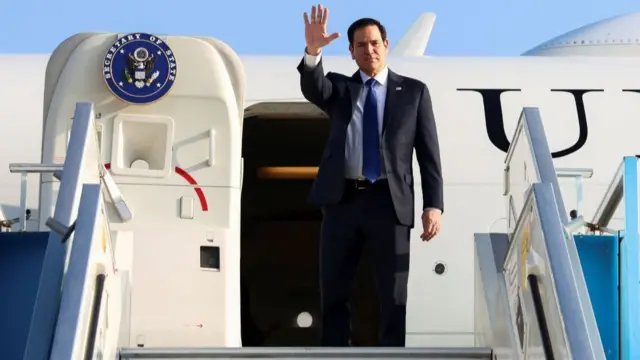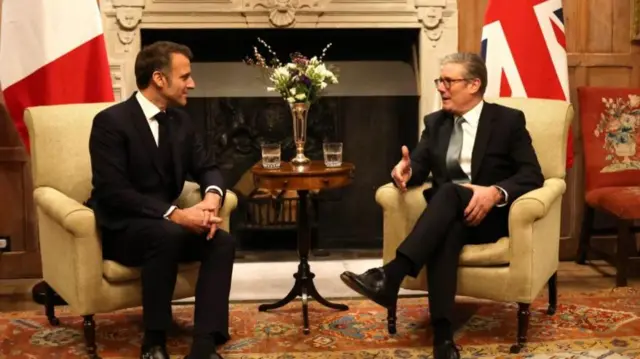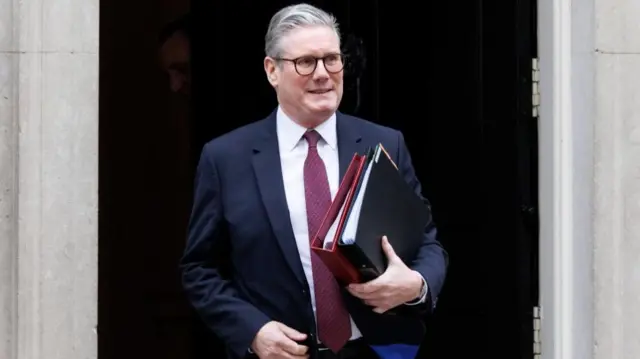A tale of two summits, 3,000 miles apartpublished at 10:37 GMT 17 February
Much of our coverage this morning has been on the two high-level diplomatic meetings taking place this week. One in France, attended by a group of European leaders, and the other in Saudi Arabia, by US and Russian officials.
If nothing else, their agendas are united in topic: the Ukraine war and how to end it.
Before they begin, here's a look back at the latest developments so far, and what else is to come:
- Rubio and Russia in Riyadh: Secretary of State Marco Rubio and other key US officials are travelling to Saudi Arabia for talks with Russian Foreign Minister Sergei Lavrov and President Vladimir Putin's aide, Yuriy Ushakov. Kyiv has not been invited to the talks in Saudi Arabia, a Ukrainian government source told the BBC
- Meanwhile, in Paris: Hastily arranged talks between UK Prime Minister Keir Starmer - along with leaders of France, Germany, Italy, Poland, and others - will begin this afternoon
- Starmer's post-war proposal: Ahead of the meeting, Starmer said the UK was "ready and willing" to put British peacekeeping troops in Ukraine. Germany and Sweden suggest they'd send send them too
- Fighting continues: There have been emergency blackouts in several Ukrainian regions following Russian attacks on energy infrastructure. One Ukrainian MP says it doesn't seem like Russia wants peace at all. Russia's defence ministry says it intercepted and destroyed 90 Ukrainian drones on Sunday night.
